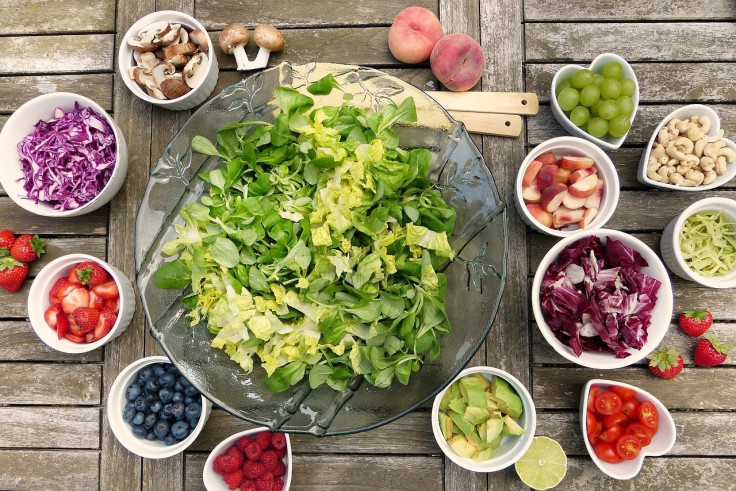Food Insecurity Hits 3.4 Million Australian Households Amid Cost-Of-Living Crisis: Report

A new report has revealed that nearly 3.4 million Australian households are affected by food insecurity, forcing them to skip meals or cut back on food due to financial constraints.
According to the Foodbank Hunger Report 2024, 2 million Australian households were experiencing severe levels of food insecurity -- the worst since the cost-of-living crisis began.
The report stated 97% of households worried about running out of food before they could afford to buy more, a rise from 94% in 2022. Meanwhile, 79% of households reported being unable to purchase food once they had run out.
High and middle-income earners saw a slight improvement over the past year, but conditions have worsened for households earning less than AU$30,000 annually.
Based on the data, single-parent families were the worst affected, with over two-thirds of them facing food shortages. More and more families were relying on charities after being abandoned by friends and family for support.
Foodbank chief executive officer Breanna Casey stated 48% of low-income households were now experiencing food insecurity, with half the number spending less on essentials such as fresh produce and protein, ABC reported.
"The really troubling statistic for me — this is up 5% up on last year and it's actually the highest rate of food insecurity in low-income households since the cost-of-living crisis commenced," Casey said. "We know that when it comes to economic shocks and natural disasters, low-income households suffer first, worst and for the longest and that is exactly what is happening here."
Casey added that 82% respondents cited rising cost of food and housing for causing food insecurity.
"It's not hard to understand why food inflation is having the impact it is on low-income households when such a high proportion of those everyday costs are now having to go towards those basic essentials," she said.
Australian National University economic professor Ben Phillips suggested hiking the JobSeeker unemployment payment to aid those struggling with low food budgets, adding that it was long overdue by 20 years.
However, Minister for Social Services Amanda Rishworth responded that the Labor government had raised the base rate for JobSeeker payments by AU$135 per fortnight in 2022.
"We know Australians are struggling with cost of living — that's why since coming to government, we have made significant investments to increase the support available through our social security safety net, along with other measures," she said. "Our government has invested an additional AU$11.5 billion in the social security system through the 2024-25 and 2023-24 budgets."
© Copyright 2025 IBTimes AU. All rights reserved.





















